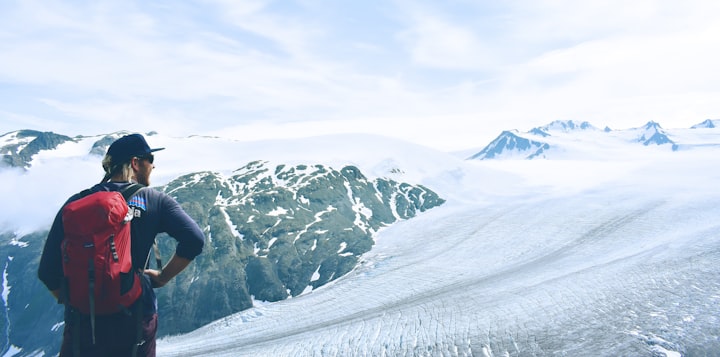
Roasting under the hot, beating sun, quenching our thirst with water to avoid dehydration is typically a concern during the summer. On the contrary, rehydrating during the winter is one of the last things crossing our minds. Our bodies have a vastly different reaction to the cold than to the heat, and though the body may not react the same way it does when hot out, we can still become very dehydrated. It’s important to balance healthy hydration levels and, even better, prevent dehydration from happening in the first place.
Why Don’t We Feel Dehydration in the Winter?
During the summer months, individuals commonly experience dehydration and in some cases, heat exhaustion. In the winter, dehydration is more difficult to detect. When one is cold, the blood vessels are constricted, preventing blood from flowing freely to any other extremities. The body then goes into auto-pilot to conserve body heat, keeping the core as warm as possible. As a result of the cold exposure, the individual's thirst response will decrease by 40%. By constricting blood vessels, the signal of thirst diminishes. This is when we start to become dehydrated. Although sweat is less likely to occur in cold temperatures, moisture is still lost—it just may not be noticeable. Dehydration is likely to be associated with cold weather because it's not acknowledged as often in the winter as it is outdoors in the summer.
Who Should be Hydrating During the Winter?
The best answer to this question is everyone—no matter the season. We should try to make it a priority to stay hydrated. However, some individuals should be taking extra measures towards hydrating during the cold months. For instance, those working outside or with a demanding job needs to consume more water than someone who is sedentary inside and already warm. Sweating and breathing (seeing our breath is water vapor) are two activities that we don’t think about in the winter, but they do decrease hydration levels. Battling cold temperature increases the metabolic rate to keep our body warm, but it also uses significantly more energy.
Athletes or those taking part in winter sports, such as skiing, sledding, snowboarding, hockey, and even running, should be increasing their regular water intake. On the mountains at an altitude of 16,000 feet, our thirst mechanism (our body's mechanism to increase water consumption in response to detected deficits in body fluid) decreases. In other words, our bodies aren’t functioning as they should, making it difficult to tell when we are thirsty.
Dehydration is not easily detectable and usually goes unnoticed until going back indoors. One way to rehydrate while fueling up is to eat foods that are high in water content. A few foods that are high in water content are:
- Bananas
- Strawberries
- Spinach
- Apples
- Broth
- Cabbage
- Carrots
- Zucchini
- Citrus Fruits (oranges, grapefruit, etc.)
Not only are these foods high in water content, but they are all very nutritious and packed with antioxidants, vitamins, and minerals. Some foods such as bananas, even have potassium and magnesium, which are a few of the main minerals in replenishing electrolytes.
If food isn't the most accessible option, be prepared by keeping water around at all times as a reminder to get those fluids in. Another option to replenish electrolytes is to use DrinkLyte. This product is scientifically formulated, using protocols backed by the World Health Organization (WHO), and starts rehydrating you immediately upon consumption. They are packages in pocket-sized packets so you can take them on the go! Hydration is not only about drinking water but also maintaining those optimal fluid levels in the body. A healthy balance of fluids will support our bodies with a good blood flow, a clear mind, and our working organs.





Comments
There are no comments for this story
Be the first to respond and start the conversation.